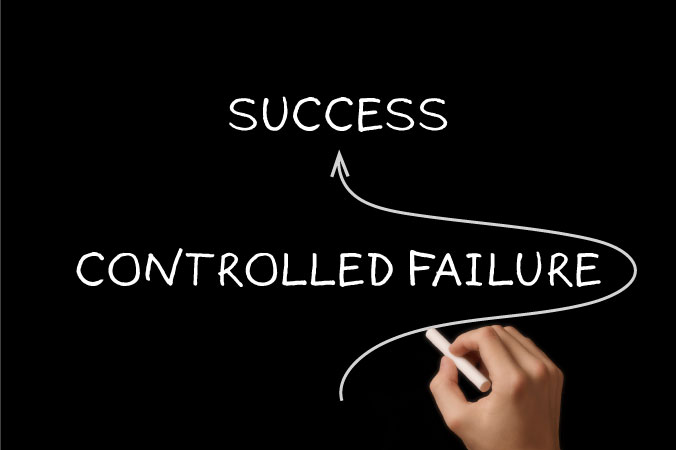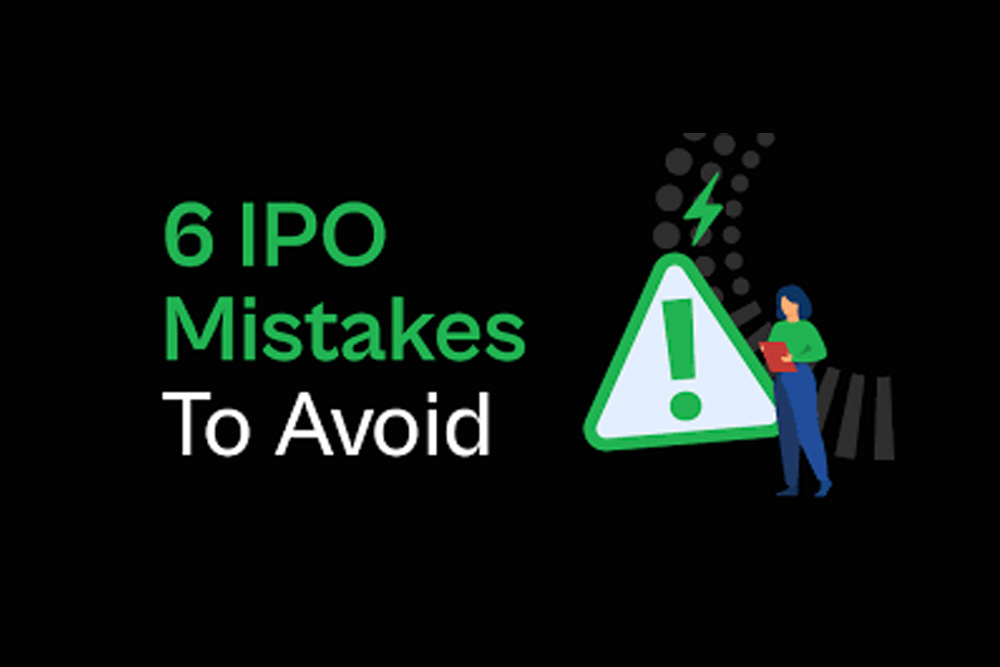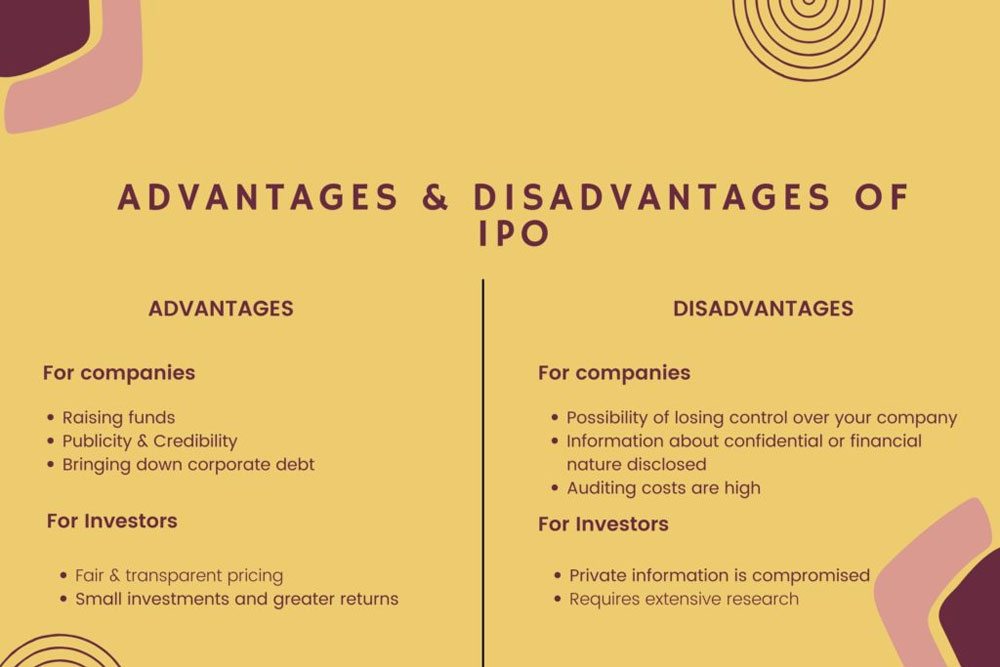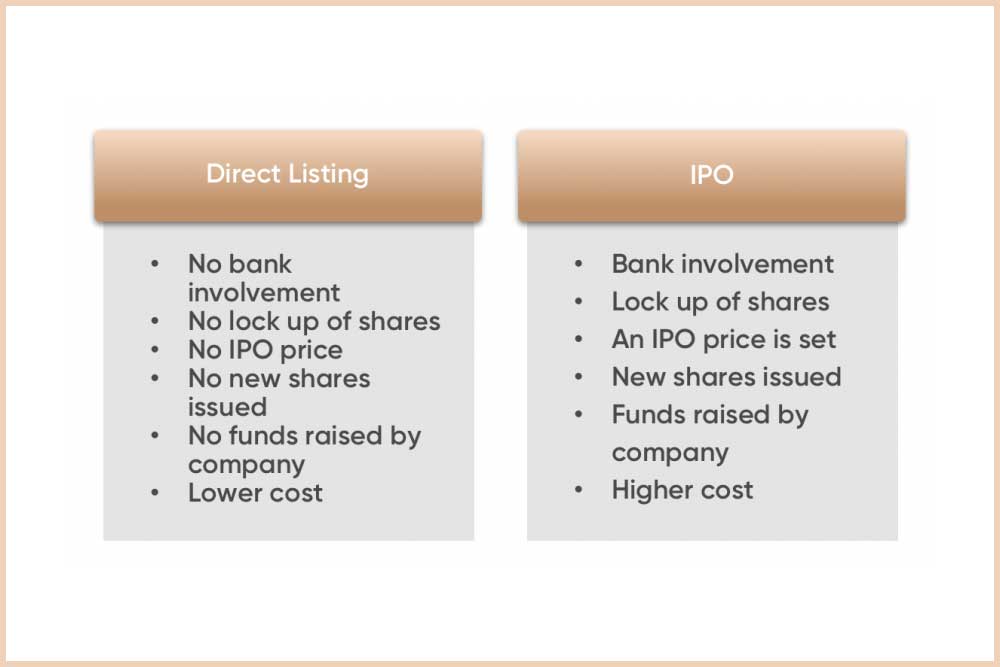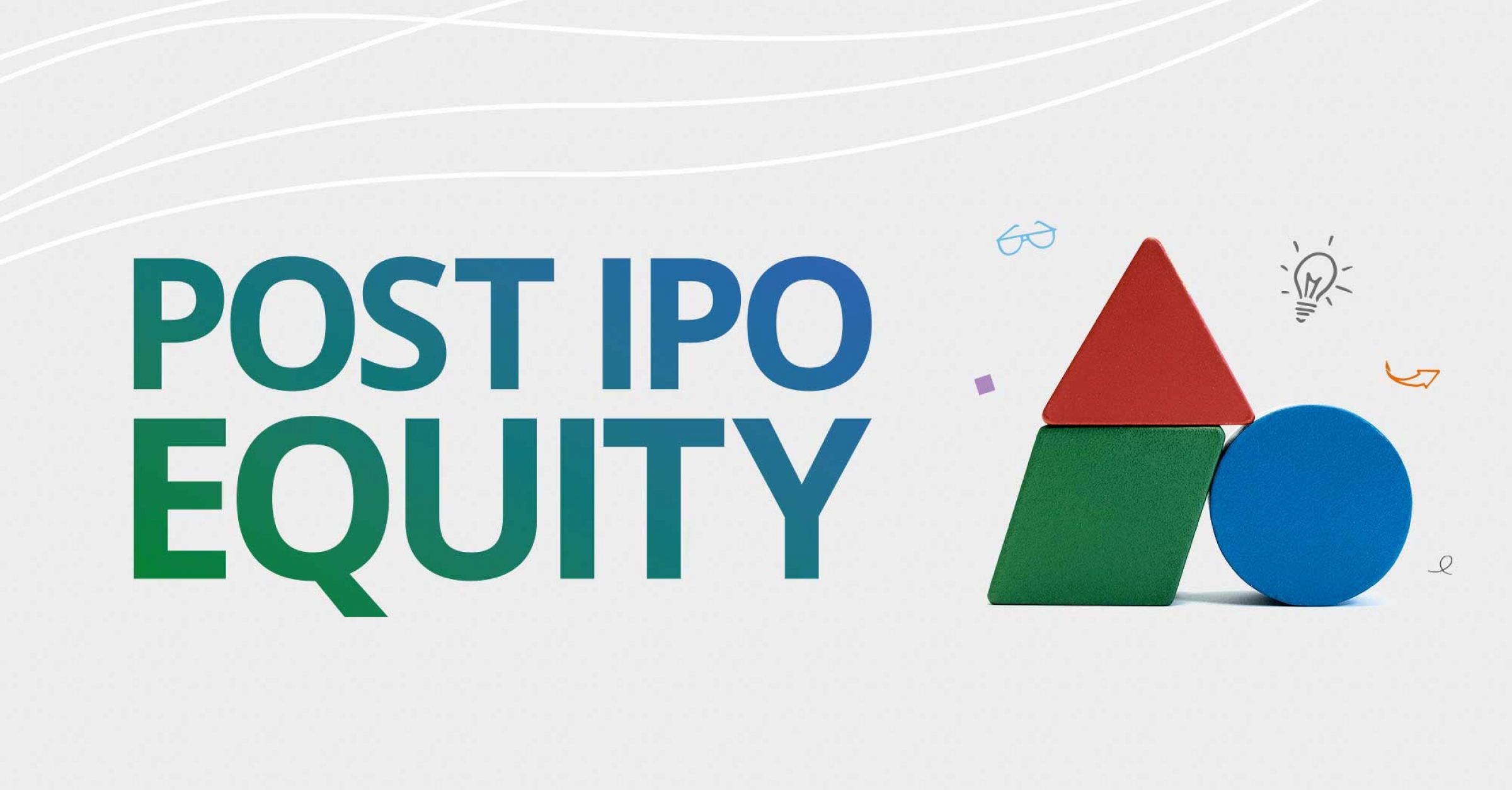TruePreIPO™ Certification
The IPO Institute, a globally recognized authority in financial certifications, has recently introduced the “True PreIPO™” certification. This certification aims to distinguish legitimate pre-initial public offering (IPO) transactions from regular private equity deals. This distinction is crucial due to the increase in misuse and misinterpretation of the term “PreIPO” within the financial industry. This new … Lire la suite


